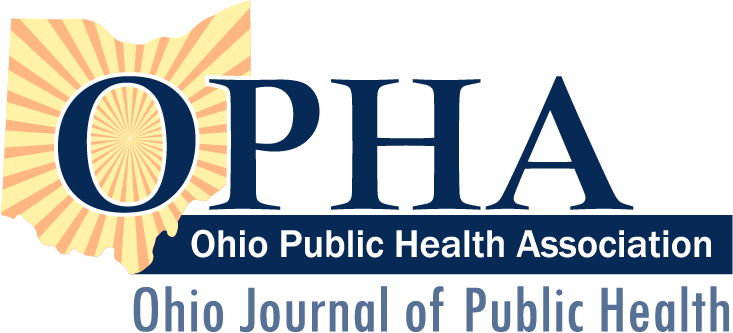Using the Pathways Community HUB Care Coordination Model to Address Chronic Illnesses: A Case Study
Abstract
Background/Objectives: Ohio communities are developing and expanding care coordination initiatives to integrate care for low-income pregnant women. Some of these initiatives are guided by the Pathways Community HUB model, which uses community health
workers to address health, social, and behavioral risks for at-risk populations. This study documents the development, challenges and
management responses, and lessons learned from implementing a Pathways Community HUB care coordination program for another
population -- low-income adults with chronic disease risks.
Methods: The study utilizes data extracted from the Care Coordination Systems (CCS) database used in Lucas County, Ohio between
2015 and 2017 and interviews with program managers. Based on CCS data and insights from those interviewed, we describe the development and accomplishments of a Pathways Community HUB program for adults with chronic illnesses and identify challenges and lessons learned.
Results: The Toledo/Lucas County program addressed more than half of 3,515 identified health and behavioral risks for 651 low-income adults in the program during its first two years of operation. Key challenges included building community support, establishing capacities to coordinate care, and sustaining the program over time. Establishing community networks to support program services and developing multiple funding sources are key lessons for long-term program sustainability.
Conclusions: Documenting challenges and successes of existing programs and extracting lessons to guide implementation of similar
public health efforts can potentially improve delivery of interventions. The Pathways Community HUB model has demonstrated success in addressing risks among at-risk adults. However, more comprehensive assessments of the model across different populations are warranted.
Keywords: Pathways Community HUB model, care coordination, chronic illness, risk reduction , low-income
How to Cite:
Chiyaka, E., Hoornbeek, J., Filla, J., Redding, M., Falletta, L., Birmingham, L. & Ferguson, P., (2019) “Using the Pathways Community HUB Care Coordination Model to Address Chronic Illnesses: A Case Study”, Ohio Journal of Public Health 2(1), 42-49. doi: https://doi.org/10.18061/ojph.v2i1.9038
Rights: Edward T. Chiyaka, John Hoornbeek, Joshua Filla, Mark Redding, Lynn Falletta, Lauren Birmingham, Pamela Ferguson
Downloads
Download PDF
View
PDF
